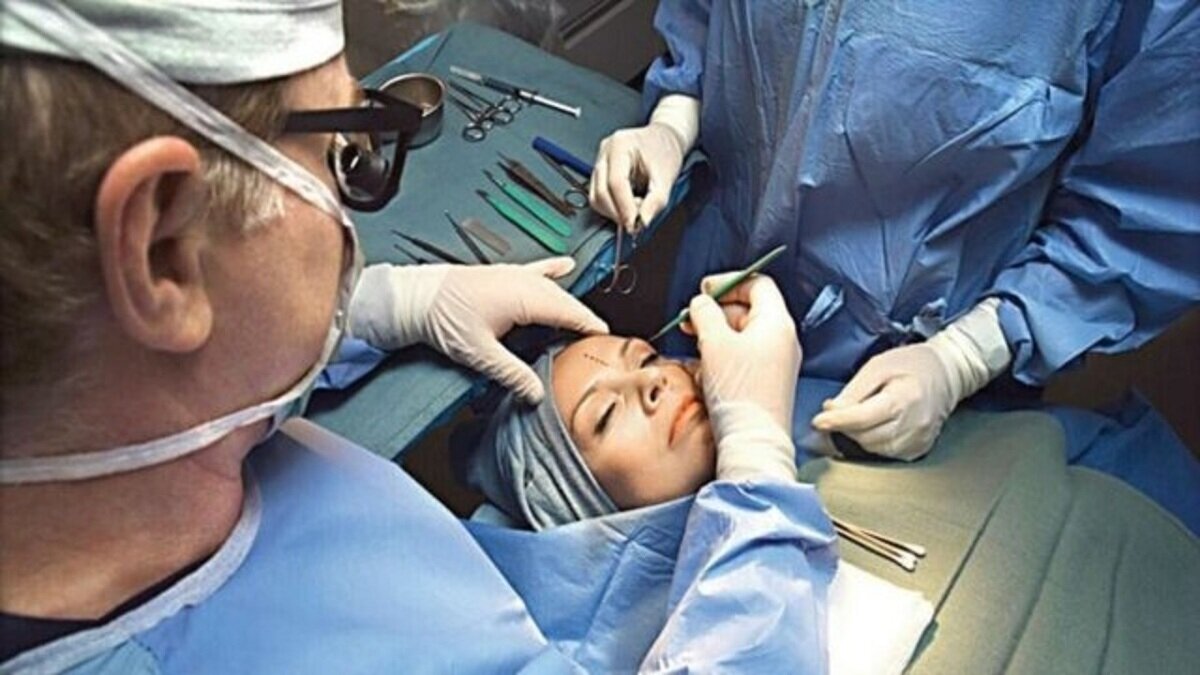Iran’s healthcare expertise attracts patients for transplants, infertility, and cosmetology

TEHRAN – The majority of foreign patients choose Iran for medical services in the areas of infertility, obstetrics, gynecology, ophthalmology, cosmetology, orthopedics, and transplantation, according to Deputy Health Minister Saeid Karimi.
Iran has been welcoming millions of medical tourists every year and no Iranian patient is sent abroad for medical treatment, the official said at a recent conference on international medical centers and hospitals at the IRIB International Conference Center in Tehran.
“Medicine is highly advanced in Iran, and we are pre-eminent among other countries in the region,” Karimi was quoted as saying by IRNA.
Karimi said the government is building large-scale medical facilities in several metropolitan areas to market Iran as a medical tourism destination.
According to the official, out of a total of 1,100 hospitals across the country, 250 have been licensed to receive and provide services for foreign nationals.
Most foreign patients visit domestic hospitals for infertility, obstetrics and gynecology, ophthalmology, cosmetology, orthopedics, and transplants, he said.
Iran’s medical tourism revenues reached $1 billion during the past Iranian calendar year (which ended on Mach 20), Karimi said.
He added that people from the neighboring countries, including Iraq, Afghanistan, Pakistan, Oman, Bahrain, Armenia, and Tajikistan, constitute the lion’s share of medical tourists arriving in Iran.
Throughout the congress, attendees participated in a variety of discussions and workshops focused on topics such as healthcare innovation, medical education and patient-centered care. This event provided an important opportunity for professionals from all over the world to share their knowledge and expertise and to strengthen relations and cooperation between Muslim countries.
Speaking at the conference, Mohammad Ali Mohseni Bandpey, a member of the Iranian parliament, said this success is due to Iran's medically knowledgeable medical professionals, low treatment costs, and high-quality services.
The MP said Iran had set goals to boost its medical tourism industry by offering insurance coverage to foreign patients.
“Iran has considerable potential in the health sector. We have exported one billion euros in medicine, and we can also achieve success in medical tourism,” the lawmaker said.
Tehran, Mashhad, Yazd, Shiraz, and Ahwaz are among the main destinations chosen by foreign tourists who choose to cross borders in search of affordable treatment.
When it comes to price competitiveness, Iran currently ranks first in the world, but the country hasn't done as much to attract potential tourists as rivals like Singapore and Turkey. People from countries bordering the Persian Gulf, Iraq, and Syria as well as Iranian expats residing in Canada and Germany make up the majority of medical tourists to the Islamic Republic, who have received plastic, cosmetic, open-heart, and orthopedic surgery, and other treatments in the past two years.
AFM
